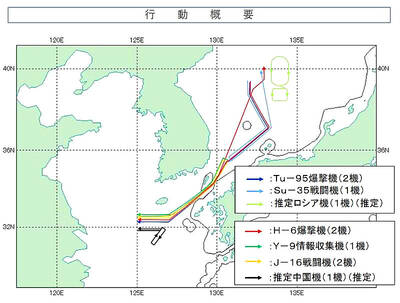Chinese Nationalist Party (KMT) Legislator Chen Yu-jen (陳玉珍) today rescinded a proposal to abolish a clause in cross-strait law that forbids Taiwanese from engaging in activities detrimental to national interests while in China.
Commonly called the “Wu Sz-huai (吳斯懷) clause,” Article 9-3 of the Act Governing Relations Between the People of the Taiwan Area and the Mainland Area (臺灣地區與大陸地區人民關係條例) prohibits serving and former military officers who hold the rank of major general or higher from participating in any “ceremony or activity ... [that] harm[s] the national dignity.”
It is named after Wu, a retired lieutenant general who stood for the Chinese national anthem and listened to a speech by Chinese President Xi Jinping (習近平) at a ceremony in Beijing in 2016.

Photo: Hsieh Chun-lin, Taipei Times
The amendment was originally proposed by KMT Legislator Weng Hsiao-ling (翁曉玲), but submitted jointly by Weng and Chen.
However, Democratic Progressive Party Legislator Shen Fa-hui (沈發惠), who chairs the Procedure Committee, today said that Chen submitted a request to withdraw the bill.
KMT caucus secretary-general Lin Szu-ming (林思銘) told reporters that it was an issue of timing.
There are too many bills under deliberation this session, and the KMT caucus does not want to create too much political turmoil that could lead to suspicion and confrontation between the parties, Lin said.
The party would therefore prioritize bills related to public welfare, Lin said, adding that Chen agreed to rescind the bill after discussions within the caucus.
The Wu Sz-huai clause has been the focus of debate recently, after former navy lieutenant commander Lu Li-shih (呂禮詩) told Chinese media at the Zhuhai Airshow last month that he wanted to show Taiwanese “how strong ‘our China’ has become.”
Lawmakers have called for amendments to broaden the scope of the clause, as Lu is not of a high enough rank to be punished under the act.

Theaters and institutions in Taiwan have received 28 threatening e-mails, including bomb threats, since a documentary critical of China began being screened across the nation last month, the National Security Bureau said yesterday. The actions are part of China’s attempts to undermine Taiwan’s sovereignty, it said. State Organs (國有器官) documents allegations that Chinese government officials engage in organ harvesting and other illegal activities. From last month to Friday last week, 28 incidents have been reported of theaters or institutions receiving threats, including bomb and shooting threats, if they did not stop showing the documentary, the bureau said. Although the threats were not carried out,

The Mainland Affairs Council (MAC) on Friday condemned Chinese and Russian authorities for escalating regional tensions, citing Chinese warplanes crossing the Taiwan Strait’s median line and joint China-Russia military activities breaching South Korea’s air defense identification zone (KADIZ) over the past two days. A total of 30 Chinese warplanes crossed the median line of the Taiwan Strait on Thursday and Friday, entering Taiwan’s northern and southwestern airspace in coordination with 15 naval vessels and three high-altitude balloons, the MAC said in a statement. The Chinese military also carried out another “joint combat readiness patrol” targeting Taiwan on Thursday evening, the MAC said. On

The Mainland Affairs Council (MAC) yesterday confirmed that Chinese students visiting Taiwan at the invitation of the Ma Ying-jeou Foundation were almost all affiliated with the Chinese Communist Party (CCP). During yesterday’s meeting convened by the legislature’s Foreign Affairs and National Defense Committee, Democratic Progressive Party (DPP) Legislator Michelle Lin (林楚茵) asked whether the visit was a way to spread China’s so-called “united front” rhetoric, to which MAC Deputy Ministry Shen You-chung (沈有忠) responded with the CCP comment. The MAC noticed that the Chinese individuals visiting Taiwan, including those in sports, education, or religion, have had increasingly impressive backgrounds, demonstrating that the

MILITARY EXERCISES: China is expected to conduct more drills in the region after President William Lai’s office announced he would stopover in Hawaii and Guam China is likely to launch military drills in the coming days near Taiwan, using President William Lai’s (賴清德) upcoming trip to the Pacific and scheduled US transit as a pretext, regional security officials said. Lai is to begin a visit to Taipei’s three diplomatic allies in the Pacific on Saturday, and sources told Reuters he was planning stops in Hawaii and the US territory of Guam in a sensitive trip shortly after the US presidential election. Lai’s office has yet to confirm details of what are officially “stop-overs” in the US, but is expected to do so shortly before he departs, sources